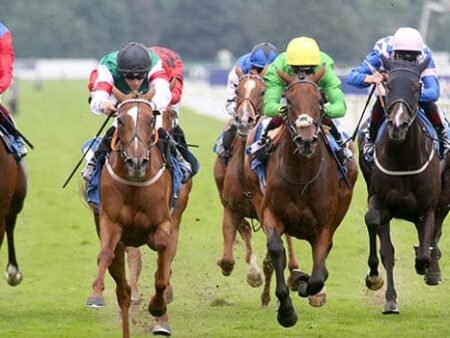Following the repeal of PASPA in 2018, sports betting expanded exponentially across the United States. To date, close to 40 states offer some form of sports betting and with the expansion of wagering, competition increased.
Currently, an overwhelming majority of the market share is held by two leading betting operators, namely FanDuel and DraftKings. Combined, the two hold nearly 80% of the market share. Although the duo’s market share varies from one state to the other, their overall presence in the betting vertical across the nation is significant.
In a new note to investors, one expert analyst spoke about the importance of pricing and its effect on competitiveness in sports betting. As announced by CDC Gaming, Truist Securities’ analyst, Barry Jonas, recently wrote about the pricing in sports betting, outlining that it is vital for the competitiveness of sportsbooks across the country.
In his own words: “Price is an important point of competition, along with product, brand, promos, and other factors, though it functions as a double-edged sword.” Jonas said that while a lower price may attract more customers, it may ultimately result in monetization that isn’t effective. On the other hand, he said that a price that is too high “will drive customers to other platforms, while monetizing over-aggressively.”
Pricing Is Important
When comparing FanDuel and DraftKings, the expert pointed to one major difference. While Jonas said FanDuel generally offers the lowest price, DraftKings’ odds are “slightly less competitive.”
He pointed to HoldCrunch data and explained: “With FanDuel having similar product capabilities (in our view), it’s likely their perennial customer-friendly pricing is strategic to drive customer scale and loyalty.” According to the Truist Security analyst, there’s a cost that comes with offering competitive pricing.
He said that in the competitive betting vertical, the top-performing bookmakers “aren’t always necessarily the ones that offer customers the best prices, given they’ll likely become less profitable in doing so.”
Focusing on how the price is formed, the expert revealed that it is based on three main factors. The list includes the hold rate, competitiveness and meeting profitability targets based on the “confidence (or not) to offer customers competitive prices.”
Truist Securities’ analyst said that within the betting sector in the US, FanDuel and DraftKings lead by example. He added that while FanDuel undoubtedly offers the lowest average fee per bet, both BetMGM and Fanatics are becoming more aggressive.










